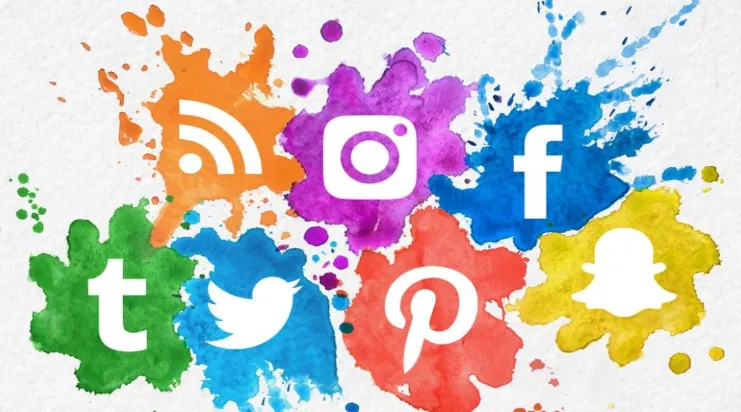The Role of Social Media in Upholding Freedom of Speech

In a time defined by connectivity and instant communication, social media platforms have emerged as the modern-day agora, where individuals from all walks of life converge to share their thoughts, beliefs, and aspirations. Among the myriad functions they serve, perhaps none is as crucial as their role in upholding the fundamental right of freedom of speech.
Here is a look into the pivotal role played by social media in upholding freedom of speech. It will also explore the need for multiple online platforms and some sellers that sell custom-made products with captions, such as liquid freedom, in democratizing public discourse.
Contents
Empowering Voices
Social media sites have quite revolutionized the way people communicate, providing a platform where voices that were previously marginalized or unheard can now resonate loudly. From political activism to social movements, individuals utilize platforms like Twitter, Facebook, and Instagram to amplify their voices and advocate for multiple causes they believe in. Whether it’s advocating for environmental sustainability, gender equality, or human rights, social media enables individuals to connect, organize, and mobilize like never before.
Steering Policies
However, the social media space is not without its challenges. Several renowned platforms grapple with the much-needed responsibility of moderating content while simultaneously upholding the principles of freedom of speech. This delicate balance has led to the implementation of various content moderation policies aimed at curbing hate speech, misinformation, and harmful content. While these policies are intended to foster a safe and inclusive online environment, they often spark debates surrounding censorship and the limits of free expression.
Controversies and Challenges
The controversies surrounding freedom of speech on social media sites are multifaceted and often deeply polarizing. One of the most significant debates revolves around the concept of “cancel culture,” where individuals or groups face public backlash and ostracism for expressing unpopular or controversial opinions. While some argue that this phenomenon stifles free expression and promotes conformity, others contend that it holds individuals accountable for harmful rhetoric and behavior.
The issue of platform censorship has sparked heated discussions about the power dynamics between tech companies and their users. Critics argue that platforms often prioritize profit and corporate interests over free speech, leading to arbitrary enforcement of content policies and selective de-platforming of certain voices. This raises questions about transparency, accountability, and the need for more significant user input in shaping content moderation practices.
The Need for Platforms Where People Can Speak Their Minds:
The ability to freely express oneself is fundamental to democracy and societal progress. Social media sites serve as digital town squares where fellows from diverse backgrounds can come together to share their thoughts, experiences, and perspectives.
Moreover, many reputed seller platforms provide customized products with liberty-based captions like liquid freedom and democratize the public discourse, providing a space where voices that may have been marginalized or silenced in traditional media channels can find resonance.
The need for platforms where people can speak their minds is underscored by the importance of fostering a culture of openness, dialogue, and critical thinking. In an era marked by polarization and echo chambers, social media can serve as a counterbalance by exposing folks to a wide range of viewpoints and facilitating constructive debates. Users can broaden their horizons and progress toward a more polished and nuanced understanding of complex issues by engaging with ideas that challenge their preconceptions.
Social media sites and many reputed seller platforms play a crucial role in upholding liberty of speech in the digital age. By empowering individuals to voice their opinions, facilitating dialogue, and fostering activism, these platforms have become indispensable tools for democratic expression. As folks strive to harness the potential of social media for positive change, it is imperative to uphold the principles of free speech while addressing the challenges that arise in the process.

